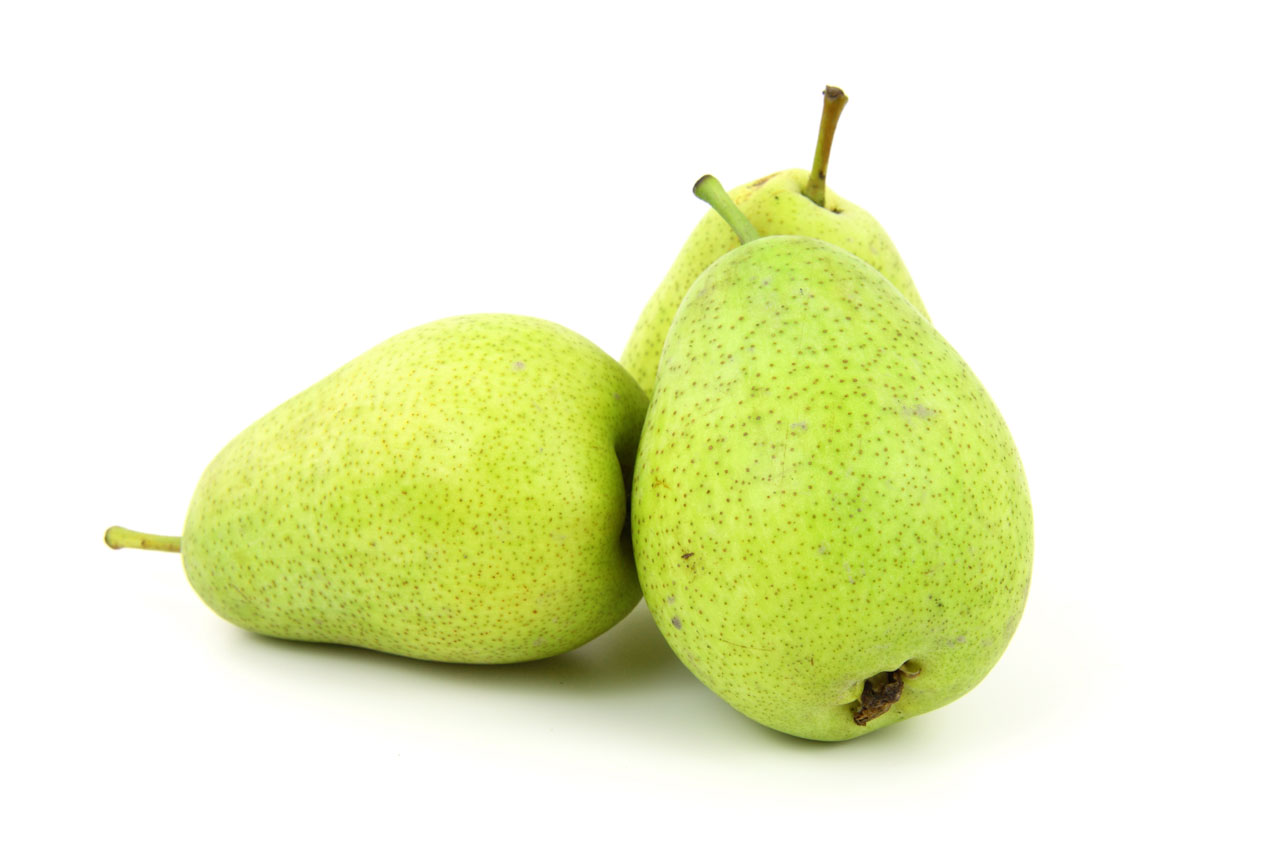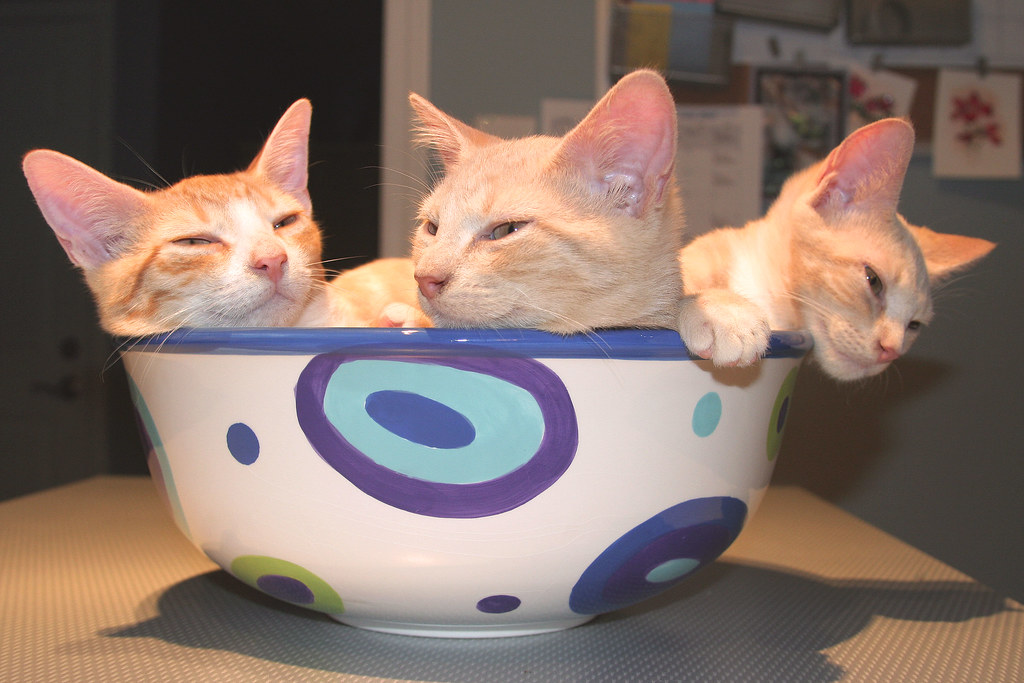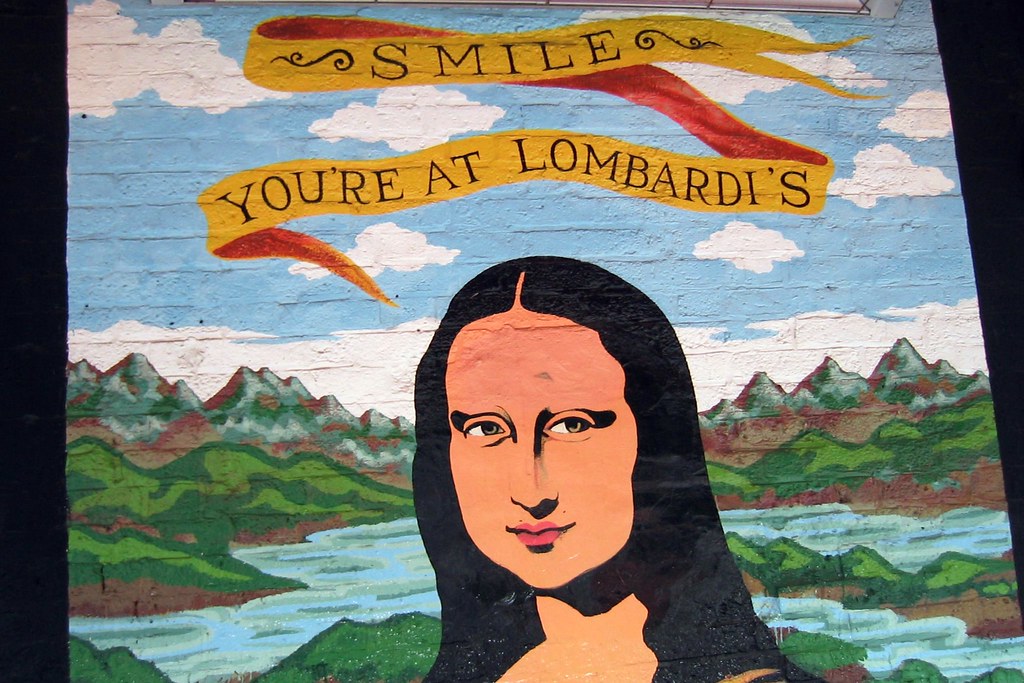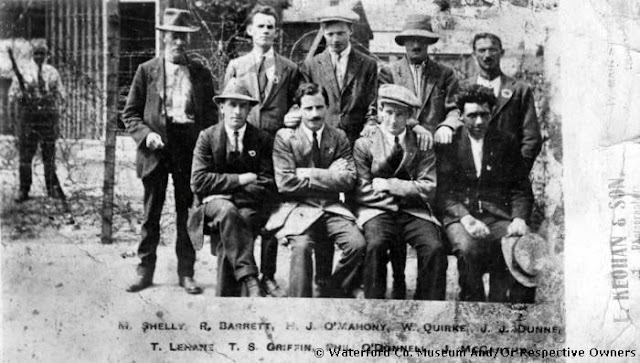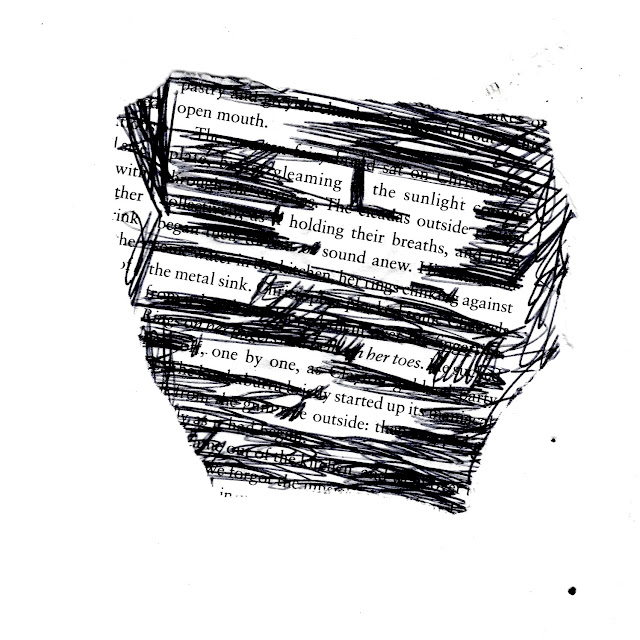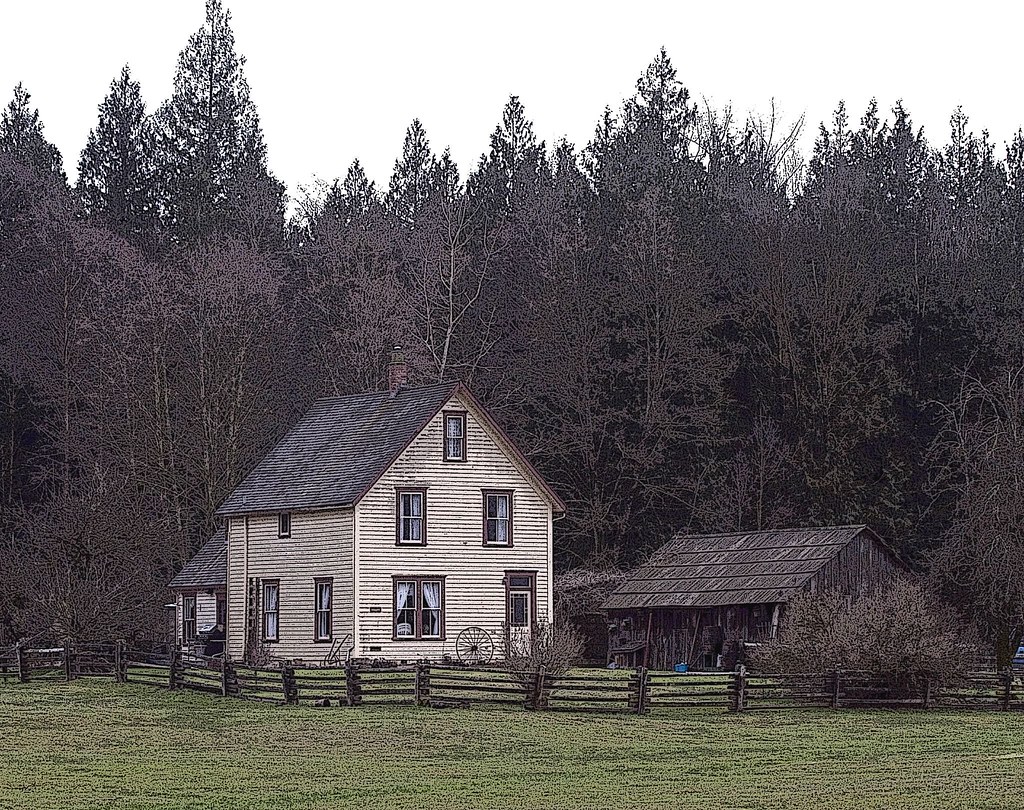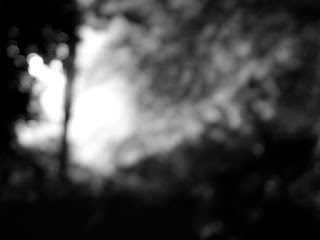Something hard
falls in the water'
-subtitled "SPLASH"-
(and "Ah-ha!"-afterthought from Flash ensues)
(Cut to)
Silhouette crawling
in the water
(cut to)
it is- Panda on land
Lies like a woman in a surrealist flick
(cut to)
Panda in mud-camouflage:
with scoobydoo-eyes
-she thinks there's a Predator somewhere
watching, waiting for the right moment.
So she's hiding hard. keeping herself quiet, breathing slowly...
Even if the only one who'd falled was the Panda.
(whatever
- gotta believe in something...)
(Even if there is a predator
the only thing he watches is the sky
Because he is inspired by GAFF-C-BC-A-AE
which sounds all over the place for some reason)
(cut to)
all over the sudden - a fit of utter battlecry!
(cut to)
close-up of Pandas mouth -
lips are painted by a chocolate bar
mixed with blood from bitten lips
-subtitled "disgusting!"
(cut to)
Panda runs through the jungle
and then she falls on an empty spot.
(dramatic brass stab)
- that was a part of her plan,
which was - to make a cloud of dust and make her go up
for whatever reason
And so - it goes up
and Panda blows hard
Her cheeks looks awful and then funny
- and so the cloud goes in a right direction,
maybe, it's not quite visible...
(cut to)
Panda sees a silhouette on the horizon
And she goes there --
for a very long time -
she's exhausted, near collapsing,
- she witnesses a sunrise,
she's bored, but still - somewhat excited.
and so - somewhere down her path -
she finds a turtle
- sleeping in chuckhole - giving no damn about anything.
And she chuckles in her sleep
the way it sounds like a thunder.
And it's utterly irritating...
And then a thought strikes Panda
And she suffers from a nosebleed
- she gets it - she needs the turtles shells.
And she says - "i need your shell!"
But her accent is so thick
it's abracadabra for the turtle
- Panda says "come on"
(and it still sounds like thunder)
while turtle replies "huh? what?"
and then the Terminator situation ensues -
with a little bit of close quarter combat
(But there's no John Workman around to Ono' this,
so we'll leave it to your imagination,
after all - there's a lot of potential)
(cut to)
there's no turtle.
Panda tries on the shell.
And she looks ridiculuously awkward
but somewhat cool -
imagine that:
panda in a shell... panda in a shell...
Sounds like a magic spell.
(Somebody - draw me a sigil!)
(cut to)
Panda in a shell now thinks
she's that turtle that bears some whales that bear the rest of the world.
But there are no whales in this era.
Because it's plot convenient.
So she wreaks havoc upon land
and rans away -
angry, anxious...
Rans so fast she breaks the time-space continium
And lands into the time when whales still existed.
And so she tries to put herself under the whales,
but there a problem - they swim away when she's nearing
- after all - it's really scary when panda in a shell tries to go under you.
And so she digs a tunnel to the center of the earth
and puts it into the debug mode - ups the tempeture
and so all the water on the planet boils away.
And then - when nothing will interfere her idea-fix come true
She comes to boiled whale bodies
And puts them on her back.
And nothing happens - just panda in a shell with boiled whale bodies on her back under the hot sun - slowly decomposing, smelling bad.
Some scavengers fly around
But she scares them with her battle heavy breathing
Up until the point when she falls asleep
and dreams of a turtle being attacked by the swarm of bees
She hears a sound of stings tearing up the turtle skin
she sees how liquid fills the eyeholes
and puts the ladder on the cheeks
and goes down and falls in splashes, splashes, splashes...
(cut to)
Then she awakes and remembers - there are no land on whales!
And so she goes to the mountain
- and chops it with the edge of her hand
And while the mountain is up in the air
falling
She puts her whales back on her back and waits 'till the mountain will fall on her.
And it falls
with purposeful shadow
and terrible sound
and then crumbles because of impact
Pan over the debris...looks fascinating...
(cut to)
Panda in a shell
battered, near broken,
sprinkles parfume on the damaged whale bodies
And whistles a lovesong.
then puts the whale bodies on her back again and waits for something
(cut to)
Elephants come around,
run her over,
stomp for some time...
We hear the crackle of the shell
We hear how whales bodies turn into the pulp...
Then the elephants go away - Panda gets up like nothing happened.
Drops off what's left of bodies.
Because while being stomped upon -
she found out that things must be upside down
and So she falls on the parfumed pulp of the whale bodies.
While the sun is slowly stakes her.
(cut to)
Panda in a shell floats in space, frozen
With her mouth opened wide and eyes shut.

